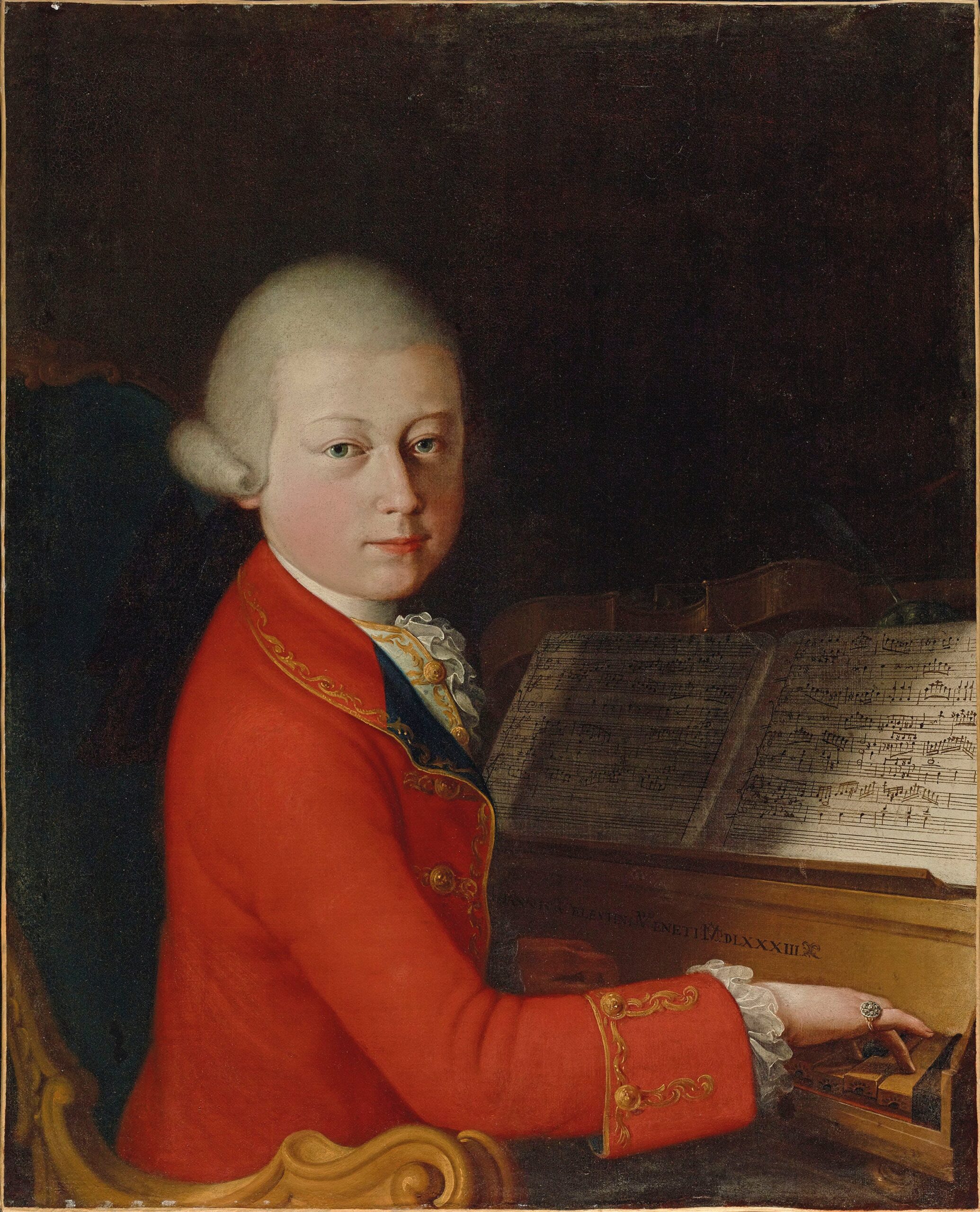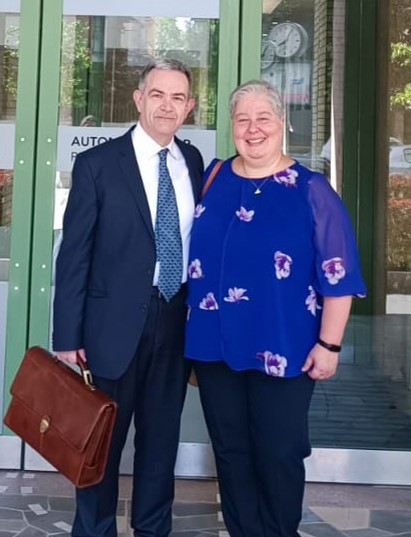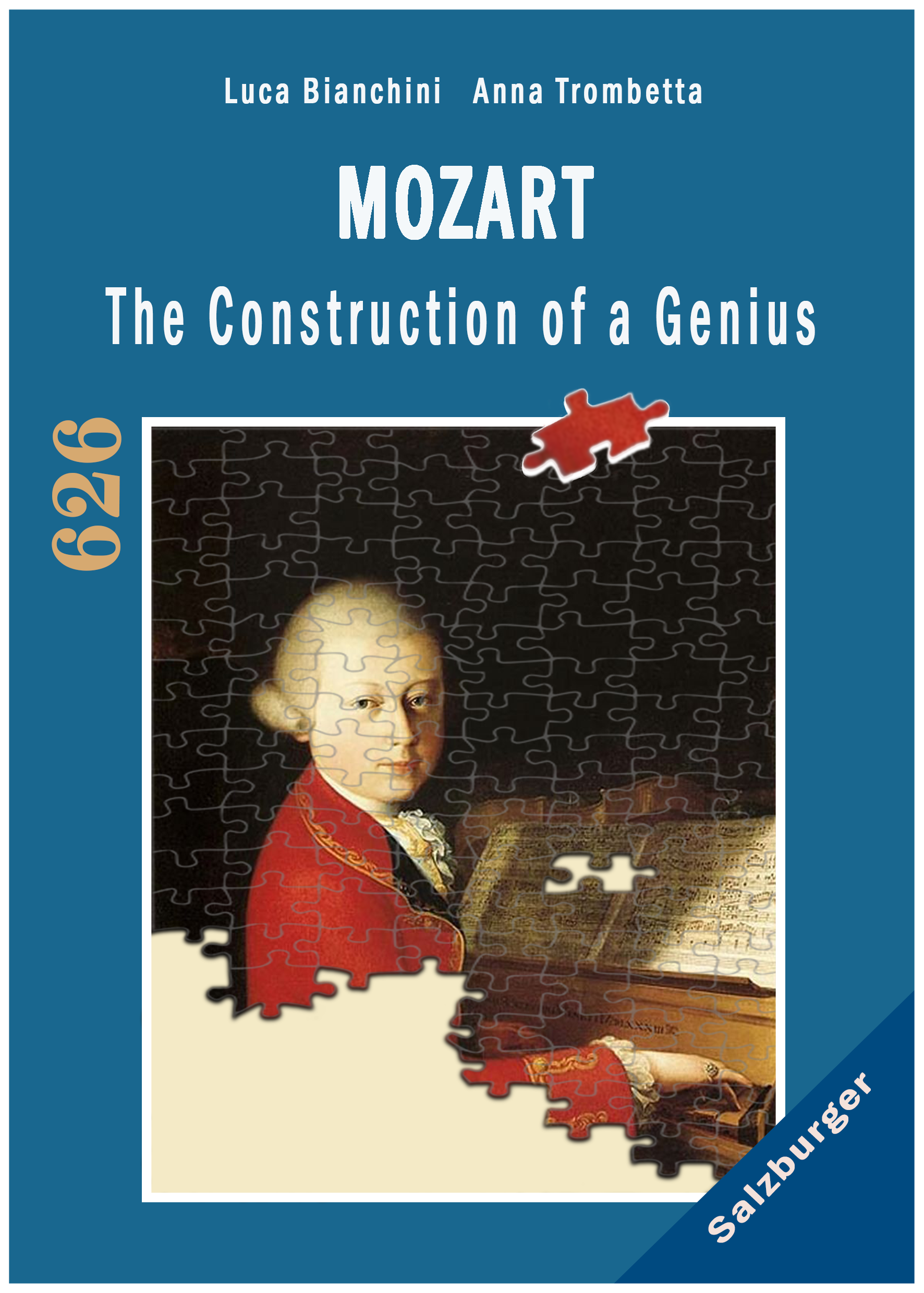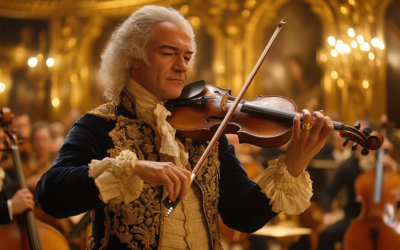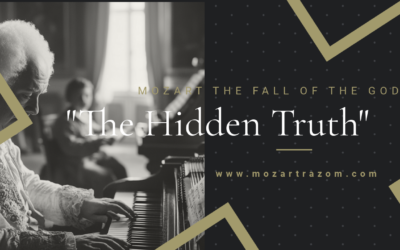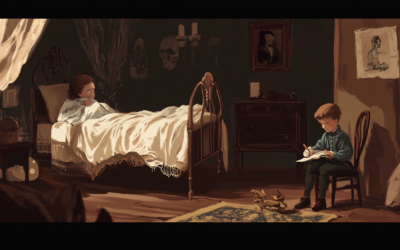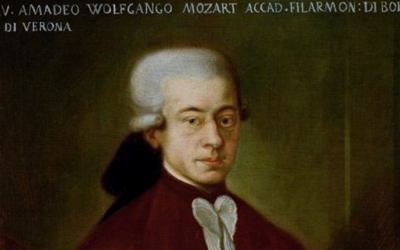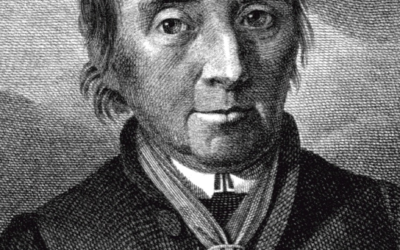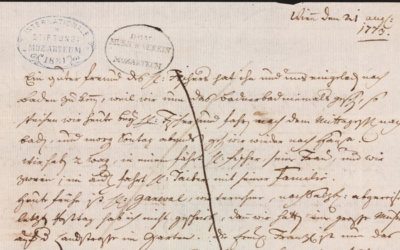the deconstruction of a myth
Mozart in Reverse
In the introduction to Mozart’s biography, penned by Constanze Mozart’s second husband, Nissen, it is surprisingly asserted that it’s preferable to conceal the truth, lest Mozart’s image be tarnished.
One does not want, nor can one publicly show their hero as he presented himself in the shadow of privacy; if he could be questioned, he himself would hardly admit it. He was and remains the master of his words, which he could have left unwritten and which he only wrote for the person with whom he wanted to confide. He had weaknesses, shortcomings, which he partly improved later and which one will not have the occasion to reveal. Through the whole truth, his fame, his esteem, and the impression of his works may be damaged.
Ultimately, we don’t believe in hiding the truth, and so we let the primary sources speak.
Who We Are
MozartrazoM is a project by musicologists Luca Bianchini and Anna Trombetta.
The site aims to challenge the traditional narratives surrounding Mozart and his family, offering a critical and often controversial perspective that contrasts with the mainstream glorification of the composer.
In addition, these pages also host some of the finest musicological and critical contributions from other authors who refuse to tell fairy tales and are dedicated to seeking the truth by rigorously investigating the sources.
L.Bianchini & A.Trombetta
Latest Articles
The Violin Concertos: Mozart’s Borrowed Genius
Mozart’s violin concertos are often celebrated as masterpieces, but how much of the music is truly his? This article delves into the complexities behind the compositions and challenges the authenticity of some of his most famous works, revealing a story of influence, imitation, and misattribution.
#2 The Hidden Truth of Mozart’s Education
In this video, we uncover the hidden truth behind Wolfgang Amadeus Mozart’s early education and challenge the long-held belief in his effortless genius. While history often celebrates Mozart as a child prodigy, effortlessly composing music from a young age, the reality is far more complex.
The London Notebook
The London Notebook exposes the limitations of young Mozart’s compositional skills and questions the myth of his early genius. His simplistic pieces, fraught with errors, reveal a child still grappling with fundamental musical concepts.
The Mozart Question
In this revealing interview, we delve into the lesser-known aspects of Wolfgang Amadeus Mozart’s life, challenging the long-standing myth of his genius. A Swedish journalist explores how Mozart’s legacy has been shaped and manipulated over time, shedding light on the crucial role played by his father, Leopold, in crafting the career of the famed composer.
Georg Nissen and the Missing Notebooks
After Mozart's death, his widow, Constanze, found a steadfast partner in Georg Nikolaus von Nissen, a Danish diplomat who dedicated his life to preserving the composer's legacy. Nissen not only compiled an extensive biography of Mozart but also uncovered and...
Letters Under Surveillance
In a world without privacy, Leopold Mozart’s letters were carefully crafted not just to inform but to manipulate perceptions. His correspondence reveals a calculated effort to elevate his family’s status while avoiding any mention of failure or controversy.
Events
No Results Found
The page you requested could not be found. Try refining your search, or use the navigation above to locate the post.
In the Spotlight
No Results Found
The page you requested could not be found. Try refining your search, or use the navigation above to locate the post.
What Experts Say
Martin Jarvis
professor
I am delighted that our research has provided evidence to support the proposition, made by Luca Bianchini and Anna Trombetta, that the Thematic Catalogue is not what it purports to be; we have concluded that it is a counterfeit document.
Alberto Basso
musicologist
In this field, driven by the enthusiasm of those who explore new worlds and are aware of the uncommon value of their work, the discoverers of that score, Anna Trombetta and Luca Bianchini, embarked on a broad-ranging research journey.
Edoardo Catemario
concert artist
With Mozart: The Fall of the Gods, you have completely changed my way of thinking
Roberto Piana
professor
What a fantastic evening! I was once again impressed by the deep expertise of Luca Bianchini and Anna Trombetta, and by their remarkable ability to clarify and simplify some of the most delicate and complex aspects of the Mozart story.
Roberto Piana
professor
I consider Bianchini and Trombetta among the most skilled and courageous truth-seekers in the field.

* By submitting this form, you agree to the processing of your personal data as described in our Privacy Policy

